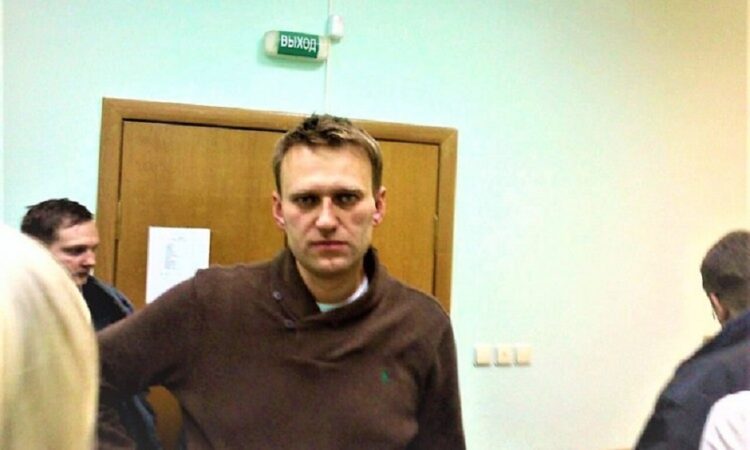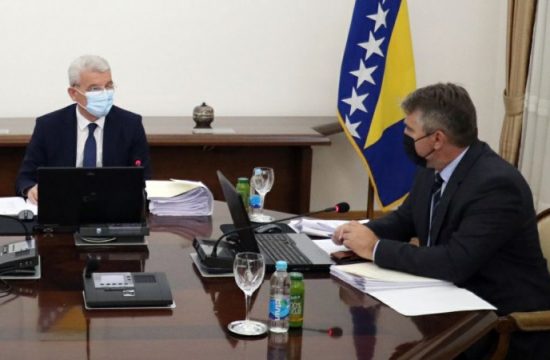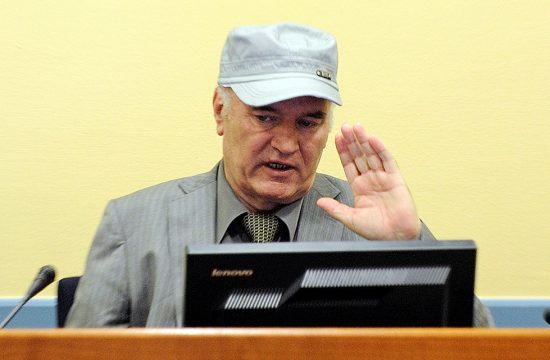
The hospital treating Russian opposition leader Alexey Navalny says tests indicate that he was poisoned.
Berlin's Charite Hospital noted that the Kremlin critic was suffering from “intoxication by a substance from the group of cholinesterase inhibitors.”
It added that Navalny, who was transferred to the German capital from the Siberian city of Omsk on Saturday morning, is in an artificial coma in an intensive care unit. “His state of health is serious, but there is currently no acute danger to his life,” the hospital said in a statement Monday.
The specific substance used to poison Navalny has not yet been identified, according to the hospital.
Earlier on Monday, the German government said it was “fairly likely” that Navalny was poisoned and will therefore need special protection.
“We are dealing with a patient who, it is fairly likely, was poisoned,” Chancellor Angela Merkel's spokesman, Steffen Seibert, told journalists during a press briefing on Monday.
“Because there is a certain probability of a poison attack, protection is necessary,” Seibert said.
”The suspicion is not that Mr. Navalny poisoned himself but that someone poisoned Mr. Navalny. And there are unfortunately one or two examples of such poisonings in recent Russian history,” added Seibert.
Navalny's spokesperson Kira Yarmysh said last week that he fell sick from suspected poisoning on a flight to Moscow from the Siberian city of Tomsk.
Jaka Bizilj, chairman for Cinema for Peace Foundation, which organized the medical evacuation, told CNN on Saturday that Navalny was in a “stable condition.”
The Siberian hospital that had previously been treating Navalny on Friday rejected claims he had been poisoned — even as his wife said the doctors there could not be trusted.
On Friday, Anatoly Kalinichenko, the deputy chief physician at the Russian hospital where Navalny was being treated told a news conference that no poisons were found in Navalny's blood or urine. “We don't believe that the patient suffered poisoning,” Kalinichenko told local journalists.
“Poisons or traces of their presence in the body have not been identified. Probably, the diagnosis of ‘poisoning’ remains somewhere in the back of our minds. But we do not believe that the patient suffered poisoning,” he added.
Nadine Schmidt reported from Berlin. Amy Woodyatt wrote from London.




